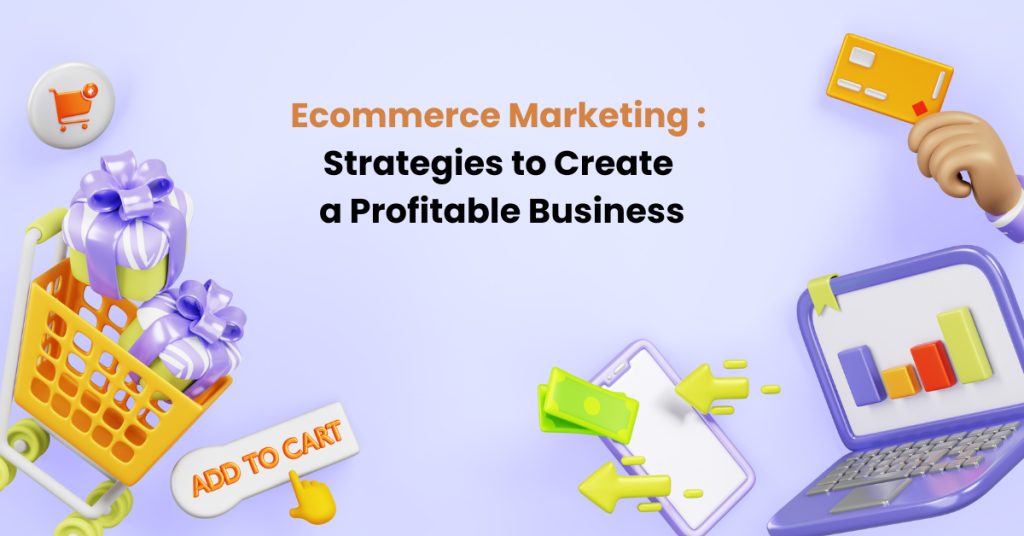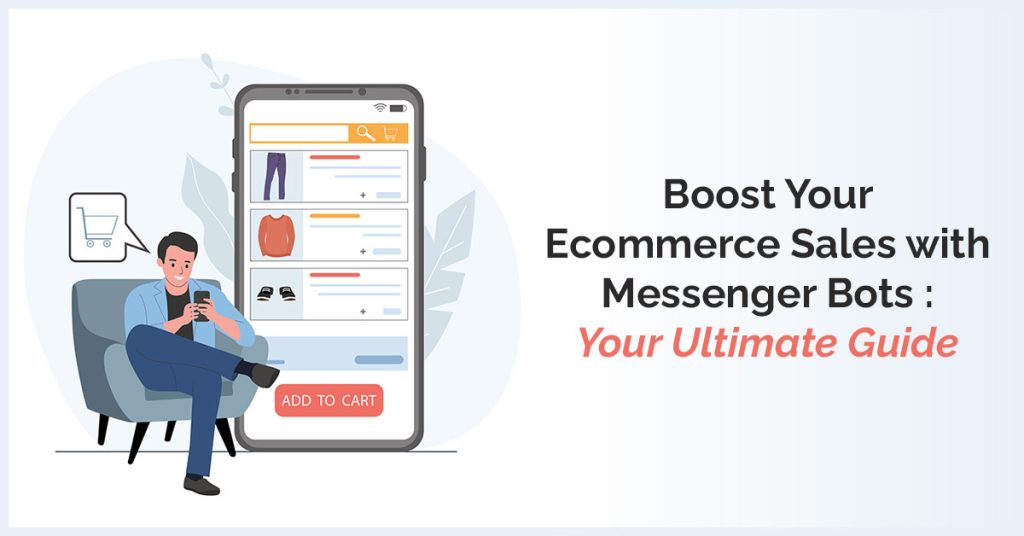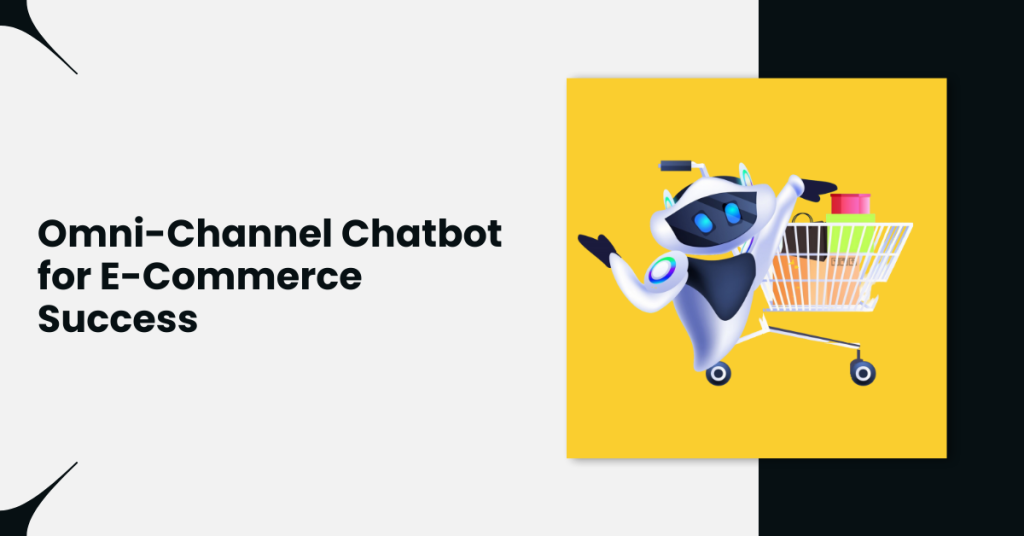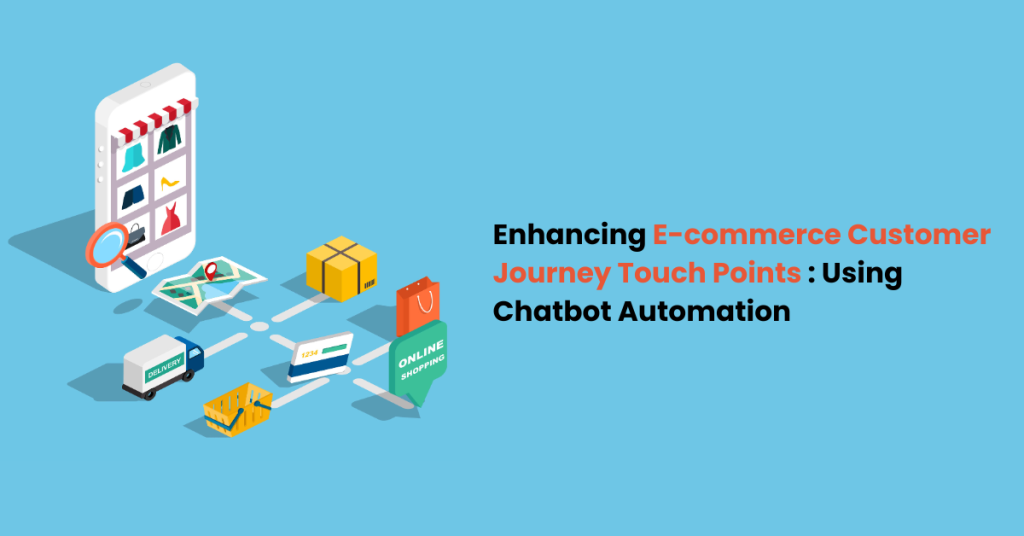Ecommerce Marketing :
Ecommerce marketing is the engine that drives online sales. It’s the entire process of attracting potential customers to your online store, converting them into paying buyers & then retaining them for future purchases. It encompasses a wide range of strategies & tactics. It is used to promote your brand, products & ultimately, drive sales.
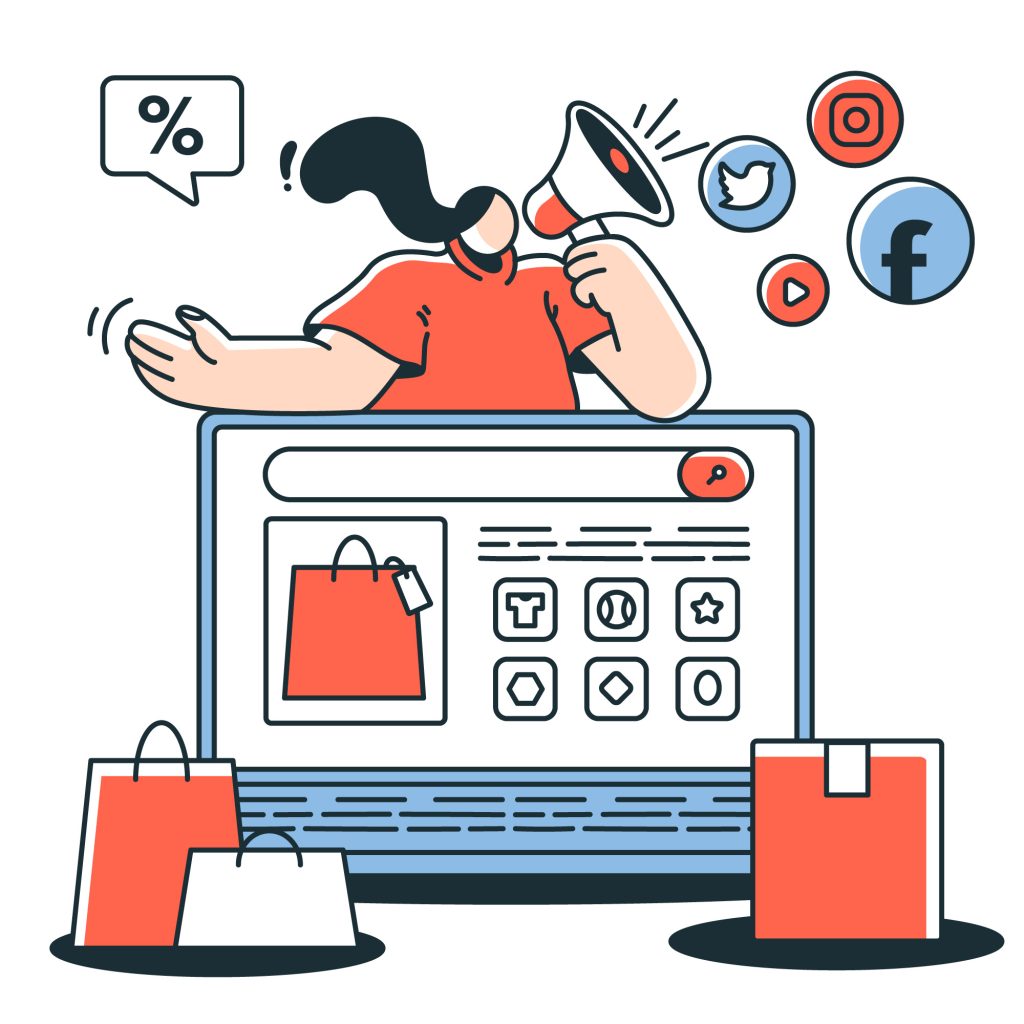
Understanding Target Audience :
Your target market is the specific group of people most likely to be interested in what you’re selling. It’s not just everyone who shops online. Here are some ways to define your target market :
- Demographics : Age, gender, income level, location, etc.
- Interests and hobbies : What are their passions and how do your products fit in?
- Needs and pain points : What problems do your products or services solve for them?
- Buying behaviors : How do they typically research and purchase products online?
Niche :
Once you have a general idea of your target market, you can further refine it by identifying a niche. A niche is a smaller, more specific segment within your target market.
Here’s why niching down is important :
- Reduced competition : By focusing on a niche, you’ll face less competition from other businesses.
- Targeted marketing : You can tailor your marketing messages and products to resonate better with a specific audience.
- Increased brand loyalty : By becoming a niche expert, you can build stronger brand loyalty within your target group.
Conducting Market Research
Once you have a general idea of your target market, it’s time to delve deeper through market research. This research helps you gain valuable insights into your customer needs and preferences.
Here are some methods for conducting market research :
Customer surveys and interviews : Talk directly to potential & existing customers. It helps to understand their buying habits, preferences, and challenges.
Competitive analysis : Research your competitors to see who they target. Also check what products they offer & how they market themselves.
Social media listening : Monitor online conversations to see what people are saying about your industry. Also what they say about your competitors & related products or services.
Website analytics : Analyze user behavior on your website. It helps to understand how people navigate your store & what products they’re interested in.
By utilizing these methods, you can gather a wealth of information. It informs your marketing strategies & ensures your products & messaging resonate with your target audience.
Writing Content for Ecommerce Marketing :
Content marketing plays a crucial role in driving traffic, engagement. It ultimately drives sales for your ecommerce business. It’s about creating valuable and informative content that attracts potential customers. It also educates them about your products & positions you as an authority in your industry.
Why is Content Marketing Important for Ecommerce ?
Drives organic traffic : High-quality content optimized for search engines can attract potential customers. These are the customers who are actively searching for products or information related to your niche.
Boosts engagement : Engaging content builds relationships with your audience. Informative blog posts, tutorials, or social media content keeps them coming back for more.
Educates customers : Content marketing allows you to educate potential customers about your products & their benefits. Well-written product descriptions, buying guides, or how-to articles address customer pain points & position you as a trusted advisor.
Increases brand awareness : Content creation helps establish your brand as a thought leader in your industry.
Improves SEO : Content rich in relevant keywords improves your search engine ranking. Thus, making it easier for potential customers to find your online store.
Creating High-Quality Content for Ecommerce :
There are many ways to leverage content marketing for your ecommerce business. Here are a few key content formats to consider :
Blog Posts : Create informative & engaging blog posts that address topics relevant to your target audience. Offer buying guides, industry trends, or product-related tips and tricks.
Product Descriptions : Go beyond basic product descriptions. Craft compelling descriptions that highlight features, benefits, and address customer pain points.
Visual Content : People are visual creatures. Utilize high-quality images, infographics, or educational videos to showcase your products & boost engagement.
Email Campaign Strategies For Ecommerce Marketing :
Email marketing remains a powerful tool for ecommerce businesses. It allows you to connect directly with potential & existing customers. Thus, promoting your products, and driving sales.
Sending Targeted Email Campaigns :
Here are some effective email campaigns used to nurture leads & retain customers :
Welcome Series : Greet new subscribers with a warm welcome email series that introduces your brand. It should also highlight your products & offer a discount or incentive for their first purchase.
Abandoned Cart Emails : Remind customers who leave items in their cart without completing the purchase with a friendly email that encourages them to return and checkout.
Win-Back Emails : Reconnect with inactive subscribers with special offers or personalized recommendations to bring them back to your store.
Promotional Emails : Announce sales, new product launches, or exclusive offers to your subscriber base.
Email Automation Tools :
Email remains a powerful tool. Also consider exploring chatbots like Botbuz Chatbot to complement your strategy. Chatbots can answer customer queries in real-time, provide personalized product recommendations. It even collects email addresses for further marketing efforts.
Power of Social Media Marketing :
Social media is a dynamic landscape where you can connect with your target audience, build brand awareness & drive sales for your ecommerce business. There are so many platforms available. So it’s crucial to choose the right ones & tailor your strategy accordingly.
Choosing the Right Social Media Platforms :
The key to success lies in understanding where your target audience spends their time online. Here’s a breakdown of some popular platforms & their strengths for ecommerce:
Facebook : A giant with a vast user base across demographics. Ideal for brand awareness, building communities, and running targeted ad campaigns.
Instagram : A highly visual platform perfect for showcasing products & lifestyle content. Leverage high-quality images, stories, and influencer marketing.
Twitter : Great for real-time engagement, customer service & promoting flash sales or new product launches.
Pinterest : A visual discovery engine ideal for driving traffic to your product pages. Create eye-catching product pins and leverage relevant boards.
TikTok : A rapidly growing platform focused on short-form videos. Ideal for reaching younger demographics with creative and engaging product demonstrations.
Optimizing for Search Engines (SEO) :
Ranking high in search engine results is crucial for driving organic traffic to your online store. This is where Search Engine Optimization (SEO) comes in. SEO is the practice of optimizing your website & its content to improve its visibility in search engine results pages (SERPs) for relevant keywords.
Optimizing Product Listings :
Product Titles : Integrate your target keywords naturally into product titles.
Product Descriptions : Craft compelling descriptions that weave in relevant keywords. It should provide informative and engaging content about your products. Highlight features, benefits, and address customer pain points.
Image Alt Text : Don’t forget alt text for product images. Include relevant keywords to improve image search visibility.
E-commerce Marketing with BotBuz Chatbot :
BotBuz Chatbot can be a valuable tool in your e-commerce marketing strategy. Here’s how you can leverage its functionalities to enhance customer experience, drive sales & boost your online presence :
Enhancing Customer Experience :
24/7 Availability : BotBuz Chatbot provides 24/7 customer support. It answers basic product inquiries & addresses simple customer concerns. Thus, freeing up your human team for more complex issues.
Personalized Product Recommendations : The chatbot can learn from customer interactions and browsing behavior. Use this data to suggest personalized product recommendations, increasing the likelihood of conversions.
Streamlined Order Process : Integrate the chatbot with your e-commerce platform to facilitate a smoother checkout process. Customers can confirm orders, track deliveries, or inquire about returns directly through the chat interface.
Driving Sales :
Targeted Promotions : Utilize the chatbot to deliver targeted promotions & discount codes based on customer profiles & browsing history. This can incentivize purchases & boost sales.
Abandoned Cart Recovery : The chatbot can automatically reach out to customers who abandon their carts. Thus, reminding them of their forgotten items & encouraging them to complete the purchase.
Upselling and Cross-selling : During conversations, the chatbot can suggest complementary products based on the customer’s initial selection. Thus, increasing the average order value.
Boosting Online Presence :
Lead Generation : The chatbot can capture valuable customer data like email addresses & preferences during interactions. Use this information for future marketing campaigns or personalized outreach.
Collect Customer Feedback : The chatbot can prompt customers for feedback after purchases or interactions. This feedback can improve products, services, and overall customer experience.
Increase Brand Engagement : A well-designed chatbot can foster brand engagement through interactive quizzes, fun product information delivery, or loyalty programs managed within the chat interface.
Conclusion :
The world of e-commerce is booming, but competition is fierce. To thrive in this dynamic landscape, you need a strategic marketing plan that goes beyond traditional methods.
But what if there was a way to personalize the customer journey even further, automate tasks, and gain valuable customer insights – all while providing 24/7 support? That’s where BotBuz Chatbot comes in.
By integrating BotBuz Chatbot into your e-commerce marketing mix, you can unlock a new level of customer engagement & sales potential. Imagine a tireless team member that can answer customer questions in real-time, recommend products based on preferences & even streamline the checkout process. BotBuz Chatbot personalizes the shopping experience, increases conversions & frees up your team to focus on other strategic initiatives.
The future of e-commerce is all about building relationships and exceeding customer expectations. With a data-driven marketing strategy and the power of BotBuz Chatbot by your side, you can transform your online store into a customer-centric haven. Thus, propelling your business towards long-term success in the ever-evolving world of e-commerce.
